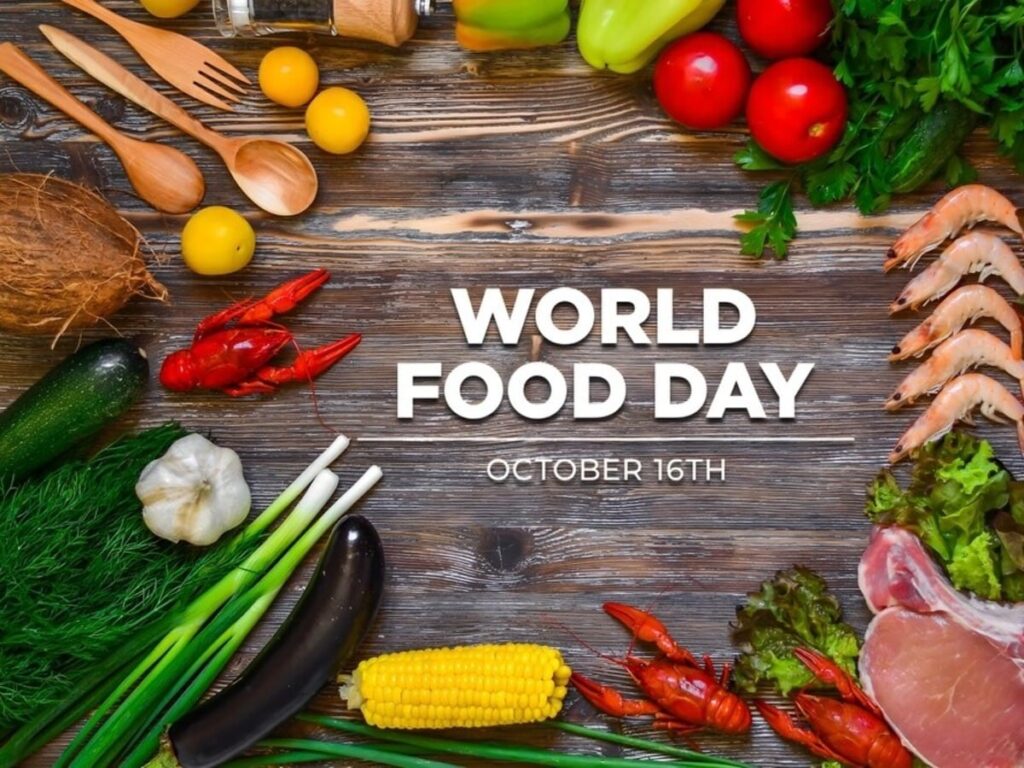World Food Day, celebrated on October 16 each year, aims to raise awareness about global hunger and malnutrition. The observance encourages individuals, communities, and governments to consider the importance of sustainable food systems and the need to ensure that everyone has access to safe, nutritious food. As one of the nations grappling with significant hunger issues, India plays a pivotal role in the global fight against malnutrition and food insecurity.
The Significance of World Food Day
World Food Day was established in 1979 by the Food and Agriculture Organization (FAO) of the United Nations. This day serves as a reminder of the urgent need to address food scarcity and promote sustainable agricultural practices. The overarching theme revolves around the idea that every person has the right to food, recognizing the fundamental importance of food security in achieving overall development.
Global Hunger Statistics
The Global Hunger Index (GHI) is an important tool that helps track hunger levels around the world. According to the latest data:
| Country | GHI Score | Level of Hunger |
|---|---|---|
| India | 27.2 | Serious |
| Nigeria | 29.0 | Serious |
| Bangladesh | 19.6 | Moderate |
| Chad | 44.2 | Alarming |
Challenges of Hunger and Malnutrition in India
India faces multifaceted challenges regarding food security, often exacerbated by poverty, inadequate access to essential resources, and socio-economic disparities. Here are some critical factors contributing to the hunger crisis:
- Economic Disparities: High rates of poverty prevent many individuals from accessing sufficient and nutritious food.
- Agricultural Challenges: Climate change and insufficient agricultural practices hinder food production.
- Population Growth: The ever-increasing population puts immense pressure on food distribution systems.
- Nutrition Education: Lack of awareness about nutrition leads to poor eating habits and malnutrition.
Initiatives to Combat Hunger
In response to the hunger crisis, both the Indian government and various NGOs have implemented several initiatives aimed at improving food security:
- National Food Security Act (NFSA): This act seeks to provide subsidized food grains to approximately two-thirds of India’s 1.3 billion people.
- Mid-Day Meal Scheme: Aimed at school-going children, this program provides nutritious meals to improve enrollment and attendance.
- Agricultural Improvements: Promoting organic farming and sustainable practices to boost food production.
- Awareness Campaigns: Programs aimed at educating the public about nutritional needs and healthy eating habits.
Conclusion
World Food Day serves as a poignant reminder of the ongoing fight against hunger and malnutrition. With India facing significant challenges in this regard, it is imperative for individuals, communities, and governments to work collaboratively to ensure food security for all. By addressing the root causes of hunger and fostering sustainable agricultural practices, we can strive towards a world where no one has to suffer from hunger.
